Search
Search Results
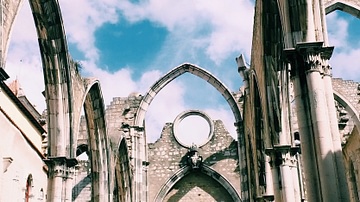
Image
Ruins of The Church of Santa Maria do Carmo
Ruins of The Church of Santa Maria do Carmo. The church was established in 1389 CE by D. Nuno Álvares Pereira (1360-1431 CE) and destroyed in the 1755 CE Lisbon earthquake.
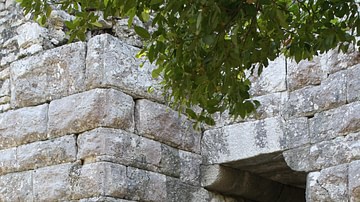
Image
Hellenistic Gate, Butrint
A gate entrance in the Hellenistic fortification walls of Butrint (modern Albania), 2nd century BCE. Constructed using large ashlar blocks with angled joins designed to minimise earthquake damage. Despite this precaution the large cracks...
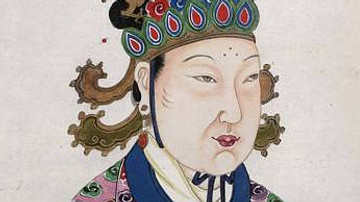
Definition
Wu Zetian
Empress Wu Zetian (Empress Consort Wu, Wu Hou, Wu Mei Niang, Mei-Niang, and Wu Zhao, l. 624-705 CE, r. 690-704 CE) was the only female emperor of Imperial China. She reigned during the Tang Dynasty (618-907 CE) and was one of the most effective...
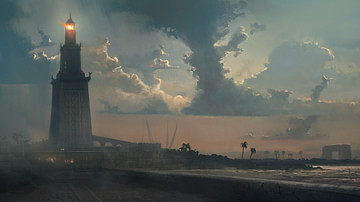
Definition
Lighthouse of Alexandria
The Lighthouse of Alexandria was built on the island of Pharos outside the harbour of Alexandria, Egypt c. 300 - 280 BCE, during the reigns of Ptolemy I and II. With a height of over 100 metres (330 ft), the lighthouse was so impressive that...
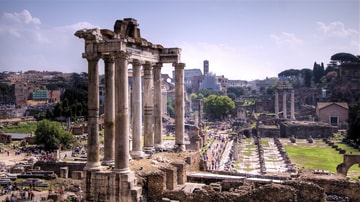
Definition
Roman Forum
The Roman Forum or Forum Romanum of ancient Rome was the bustling religious, administrative, legal, and commercial heart of the city from the 7th century BCE onwards. Made increasingly grandiose and ceremonial in function by the Imperial...
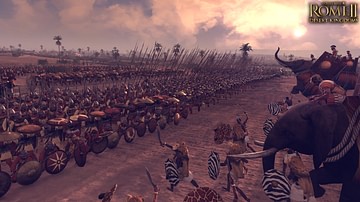
Definition
Kingdom of Nabatea
The Nabatean Kingdom was a powerful political entity which flourished in the region of modern-day Jordan between the 4th century BCE and c. 106 CE and is best known today for the ruins of its capital city of Petra. Although it is clear that...

Definition
Stupa
A stupa (literally “heap” or “pile”) is a reliquary, a shrine containing the remains of a holy or sainted person and/or artifacts (relics) associated with them, originating in India prior to the 5th century BCE as tombs of holy men and evolving...
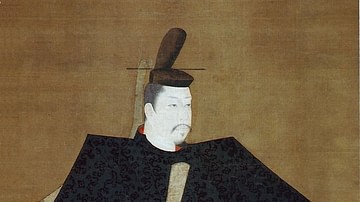
Definition
Genpei War
The Genpei War (1180-1185 CE), also known as the Taira-Minamoto War, was a conflict in Japan principally between two rival clans: the Minamoto and Taira, for control of the imperial throne. The civil war was punctuated by a typhoon, earthquake...
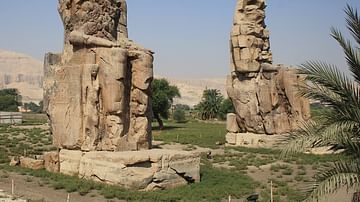
Definition
Colossi of Memnon
The Colossi of Memnon (also known as el-Colossat or el-Salamat) are two monumental statues representing Amenhotep III (1386-1353 BCE) of the 18th Dynasty of Egypt. They are located west of the modern city of Luxor and face east looking toward...
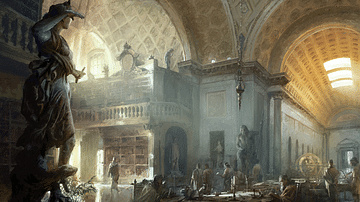
Definition
Library of Pergamon
The Library of Pergamon was established in the city of Pergamon (also Pergamum) by the Attalid King Eumenes II (r. 197-159 BCE) and became the most famous and well-respected center of learning after the Library at Alexandria, Egypt. The library...